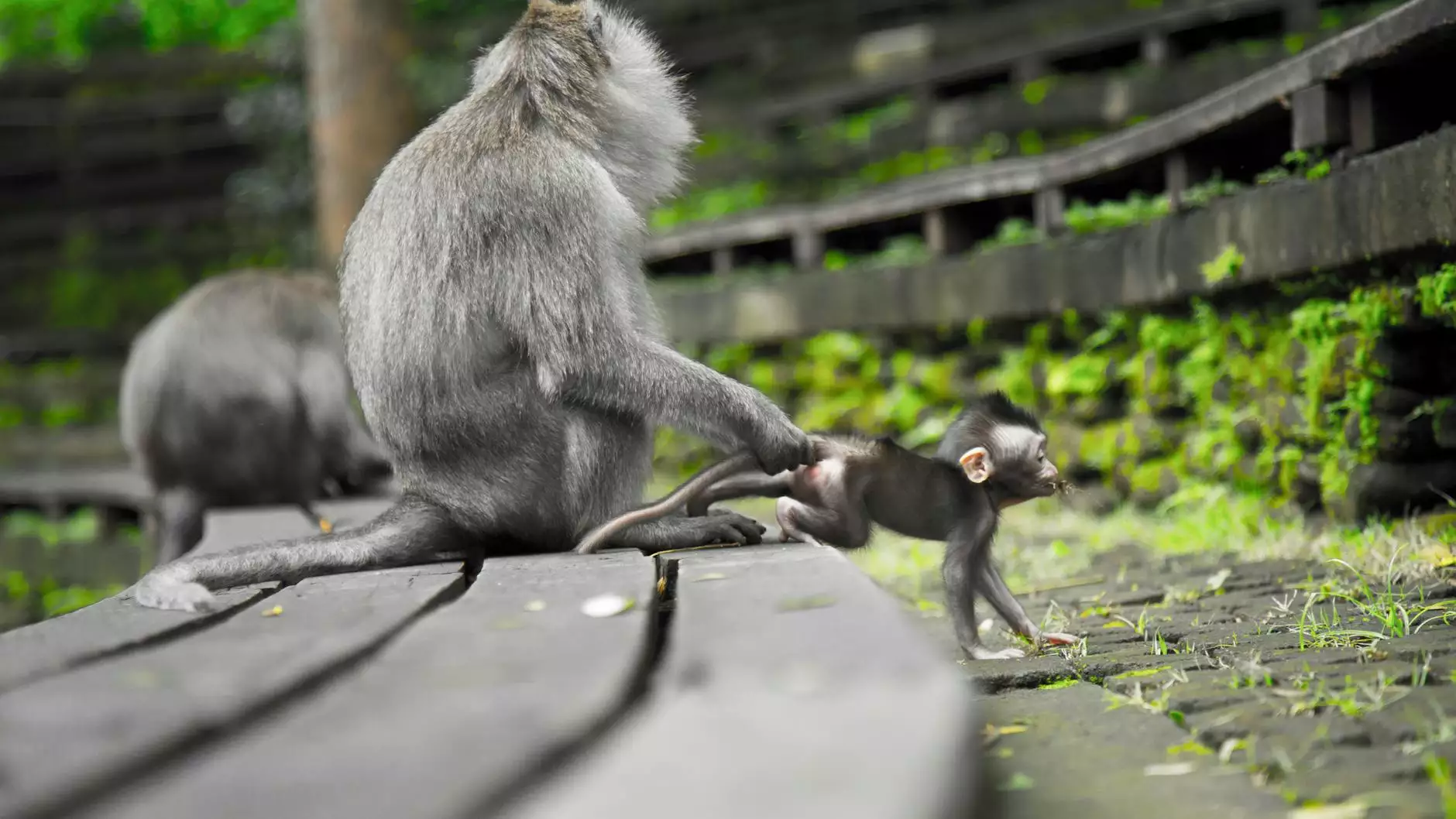Can Our Gifted Children Remain Gifted?

Introduction
Welcome to Festivals Bazar's comprehensive guide on supporting and nurturing the continued giftedness of our children. In this article, we delve into various strategies, resources, and tips that parents, educators, and caregivers can utilize to ensure that gifted children maintain their intellectual prowess and reach their full potential.
The Unique Needs of Gifted Children
Gifted children possess exceptional intellectual abilities that set them apart from their peers. They exhibit advanced cognitive skills, exceptional problem-solving abilities, and an insatiable thirst for knowledge. However, without appropriate support, these gifted children may face challenges in maintaining their giftedness over time.
Understanding Giftedness
Giftedness is a complex attribute that encompasses various domains, including academic, creative, and social-emotional abilities. It is crucial to recognize that gifted children can have different strengths and areas of interest. This understanding allows us to tailor our approaches and provide the necessary support and stimulation.
Providing Enrichment Opportunities
Gifted children require opportunities for intellectual, creative, and emotional growth. These can be fostered through enrichment programs, extracurricular activities, and specialized classes. By exposing them to challenging and stimulating environments, we can help them expand their knowledge, refine their skills, and maintain their giftedness.
Nurturing Giftedness
Ensuring that gifted children remain gifted involves creating an environment that nurtures and cultivates their unique abilities. Here are some strategies and tips for parents, educators, and caregivers:
1. Individualized Education Plans (IEPs)
Collaborate with educators to develop individualized education plans that meet the specific needs and abilities of gifted children. These plans provide tailored learning experiences, extension activities, and opportunities for acceleration.
2. Mindful Differentiation
Implement differentiated instruction techniques to address the diverse learning styles and levels of gifted children. By tailoring teaching methods and content, educators can engage and challenge gifted students, keeping their minds sharp and active.
3. Encourage Intellectual Curiosity
Cultivate a love for learning by encouraging gifted children to explore their areas of interest. Support their intellectual curiosity by providing access to resources such as books, educational websites, museums, and hands-on experiences.
4. Foster a Growth Mindset
Instill a growth mindset in gifted children, emphasizing the importance of effort, resilience, and continuous improvement. Encourage them to embrace challenges and view setbacks as opportunities for learning and growth.
5. Emotional Support
Recognize and address the social-emotional needs of gifted children. Provide a safe and nurturing environment where they can express their thoughts and feelings. Foster healthy relationships, peer interactions, and emotional well-being.
Additional Resources and Support
Discover additional resources and support systems that can aid in maintaining the giftedness of our children. Here are some valuable avenues to explore:
1. Professional Associations
Connect with professional associations dedicated to gifted education. These organizations provide a wealth of information, research, and conferences designed to support the growth and development of gifted children.
2. Online Communities
Engage in online communities that bring together parents, educators, and experts in the field of gifted education. These communities offer a platform for sharing experiences, seeking advice, and discovering new strategies.
3. Gifted Education Programs
Explore gifted education programs offered by schools, universities, and specialized institutions. These programs provide targeted instruction, mentorship opportunities, and enrichment activities that help gifted children thrive.
4. Parent Support Groups
Join local or online parent support groups specifically catered to the needs of gifted children. These groups offer a network of support, sharing of resources, and a space to discuss challenges and successes.
5. Ongoing Professional Development
For educators and caregivers, engage in continuous professional development to stay up-to-date with the latest research and best practices in gifted education. Workshops, conferences, and online courses can equip you with valuable knowledge and skills.
Conclusion
Supporting the giftedness of our children is a crucial responsibility that requires dedication and a nurturing environment. By implementing the strategies outlined in this guide, parents, educators, and caregivers can help gifted children thrive, maintain their giftedness, and contribute their unique talents to society. Remember, the continued growth of our gifted children is a journey that requires ongoing care, support, and recognition of their exceptional abilities.










